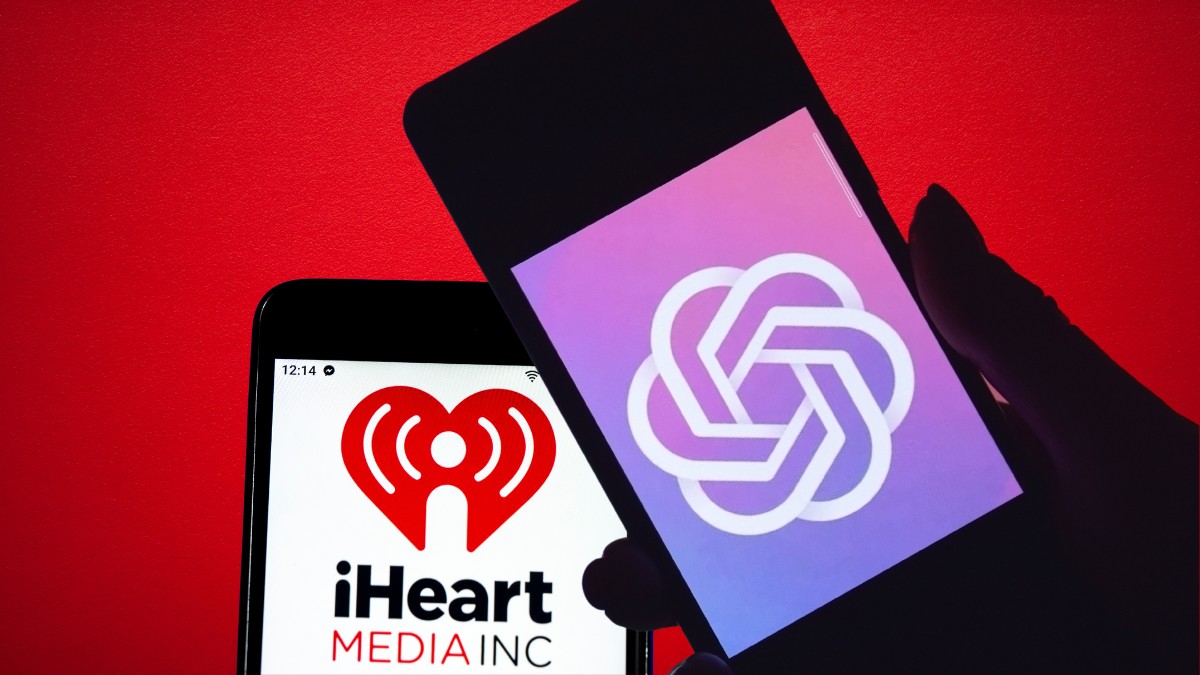In this article, we delve into the unfolding story of iHeartMedia’s strategic decision to bar the use of OpenAI’s ChatGPT by its employees.
This move is driven by fears of potential leaks of the company’s confidential and proprietary information.
Key Takeaways:
- iHeartMedia instructs employees not to use OpenAI’s ChatGPT.
- The decision aims to safeguard the company’s intellectual property and confidential information.
- The company is concerned that ChatGPT may expose valuable proprietary data to competitors.
- iHeartMedia plans to develop its own AI tools designed for internal use.
- The tools will include safeguards to protect confidential company information.
- Several other tech companies have implemented similar restrictions.
- OpenAI is addressing these concerns by developing tools that don’t train on user data by default.
iHeartMedia’s Defensive Move against ChatGPT
iHeartMedia, the widely recognized global media corporation, has recently put up a barrier against OpenAI’s ChatGPT.
The company has instructed its employees to keep a wide berth from this sophisticated AI chatbot on all corporate devices.
This move is not unique to iHeartMedia, as it joins an expanding roster of firms that includes Apple, Spotify, and Verizon, which have imposed similar restrictions.
This decision came to light through an internal memo circulated among the company’s employees, as reported first by RBR.
Protecting Proprietary Information: The Core Reason
The heart of the matter is the potential risk that OpenAI’s ChatGPT could pose by inadvertently leaking iHeartMedia’s proprietary data.
The company’s leadership has expressed deep concerns over the possible exposure of sensitive business information to competitors.
While ChatGPT is primarily trained on publicly available data, its capability to store conversations and use them for further training of its AI systems poses a security concern for iHeartMedia.
Therefore, to protect the company’s valuable intellectual property, its employees have been advised against using AI platforms like ChatGPT for company work or from uploading any company documents onto such platforms.
The AI Future: iHeartMedia’s Own Tools
Despite the ban on ChatGPT, iHeartMedia has shown a keen interest in AI. The company, having previously introduced AI DJs, is actively developing its in-house AI tools.
These iHeart-specific tools are designed to cater to the company’s needs and come with safety measures that will safeguard confidential company data from being exposed.
However, till these tools are ready for use, any employee wishing to consult ChatGPT or other third-party AI tools must undergo an extensive approval process, requiring consent from the company’s legal and IT teams.
Growing Trends: Other Companies’ Similar Measures
iHeartMedia’s move against ChatGPT is part of a wider trend among corporations.
Major tech giants such as Samsung, Apple, and Verizon have set similar restrictions, disabling access to the AI chatbot from their corporate systems due to concerns of potential IP leaks.
In a similar vein to iHeartMedia, Apple is developing its own AI tools, demonstrating a cautious approach to guard their proprietary data.
OpenAI’s Response to Data Privacy Concerns
In response to the growing privacy concerns, OpenAI has made strides to mitigate these issues.
Users can now choose not to share their chat history with ChatGPT, offering a level of control over personal data.
In addition, OpenAI is actively working on new tools designed to cater to business needs, which will not train on user data by default.
This is a clear move towards providing safer and more reliable AI services, and to alleviate corporate concerns over potential data leakage.
Conclusion
In the ever-changing world of AI technology, iHeartMedia’s decision reflects a growing corporate awareness of the importance of data security.
The restriction on the use of ChatGPT is a symbol of the need for more robust privacy measures in AI tools.
As we anticipate the arrival of iHeartMedia’s proprietary AI tools, the broader issue at hand is striking a balance between leveraging the potential benefits of AI and ensuring data security.
While AI has a transformative potential for businesses, this potential must be handled with care, emphasizing that the privacy and protection of data must not be compromised.
 Sections of this topic
Sections of this topic
















